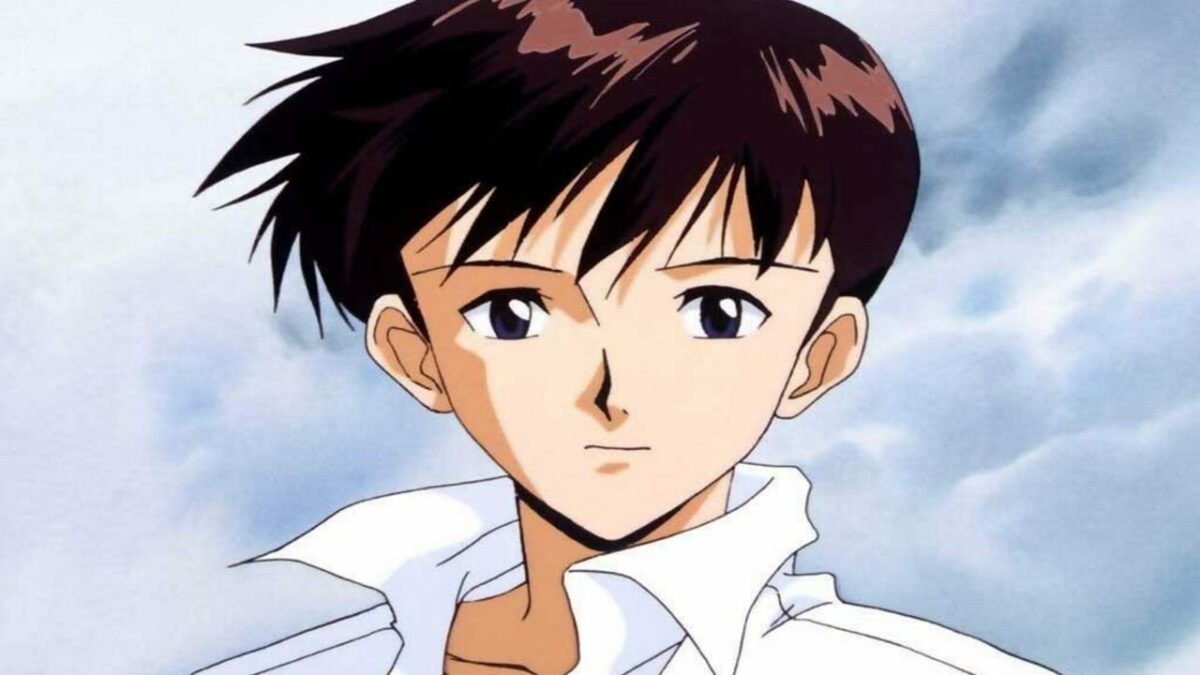Neon Genesis Evangelion left an indelible mark on anime. And whether you first watched the classic mecha on a fan-subbed VHS or Netflix’s streaming release, it likely left an impression on you as well. Character designs and genre conventions aren’t the only way the Evangelion is remembered, though. Below are lines from some of the most exciting and memorable moments from the series.
‘This is mankind’s ultimate multipurpose decisive weapon, the synthetic human Evangelion, Unit-01. Built in absolute secrecy, it is mankind’s trump card’ – Ritsuko
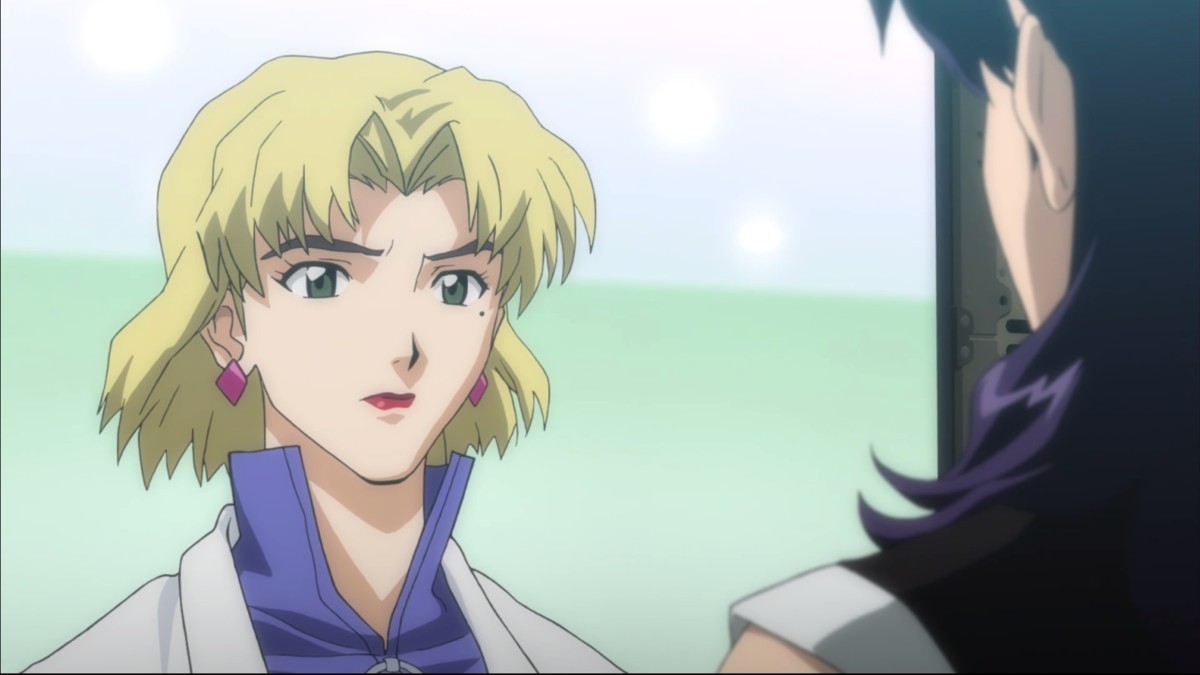
The introduction of Unit 1 to Shinji and the audience is a defining moment in each of our lives. What exactly the iconic mechs are, and what “synthetic human” even means will haunt the rest of the series.
‘I am not a doll’ – Rei
Known simply as “the elevator scene,” the famous confrontation between pilots Rei and Asuka epitomizes the unseal modes of storytelling fans love. While the original scene is punctuated by a prolonged, uncomfortable silence, the scene’s return in Evangelion: 2.0 You Can (Not) Advance marks a radical departure in Rei’s character that hallmarks the series.
‘It means I love you’ – Kaworu
In what was the first gesture at queerness on the screen for many young anime fans, Shinji and Kaworu’s relationship in the original series is entangled with the show’s questions of identity and self-worth. Unfortunately, the moment is marred in Netflix’s controversial script.
‘As long as the Sun, the Moon, and the Earth exist, everything will be all right’ – Yui
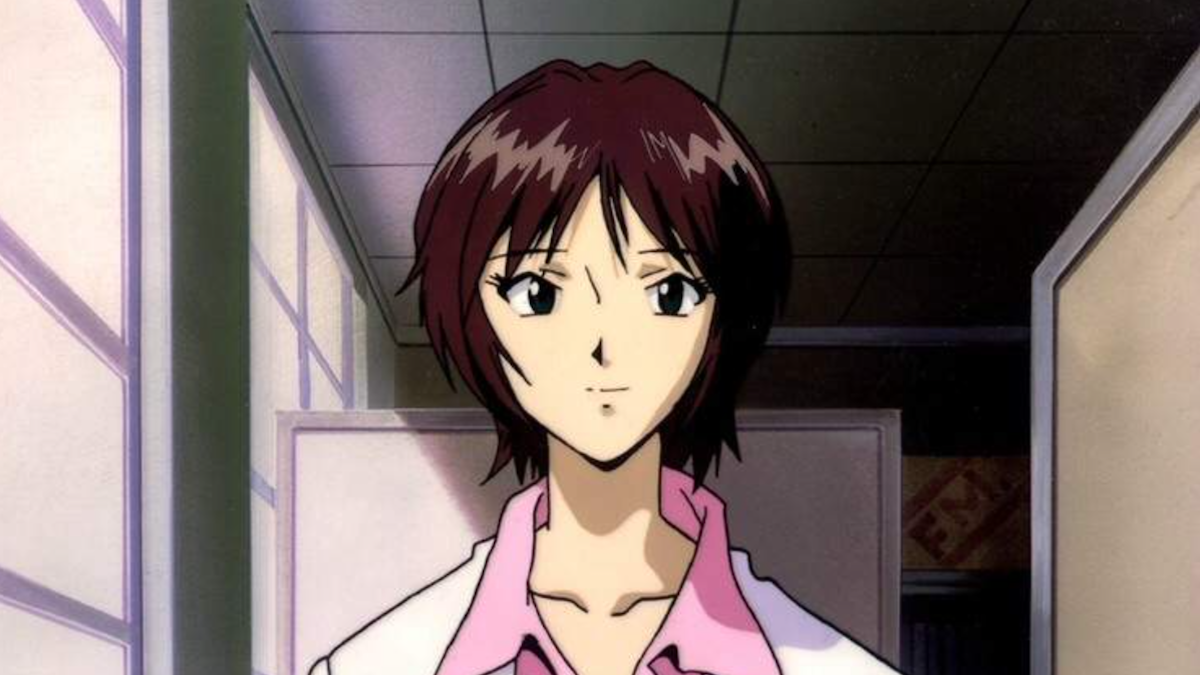
Despite her few appearances throughout the series, Yui’s influence is felt just beneath the surface of NERV and the Human Instrumentality Project. As we learn of her fate — contained somewhere within Unit 1 — Yui comes to embody an existential philosophy that guides Shinji back to humanity.
‘You’re all you have and you never even learned to like yourself!’ – Asuka
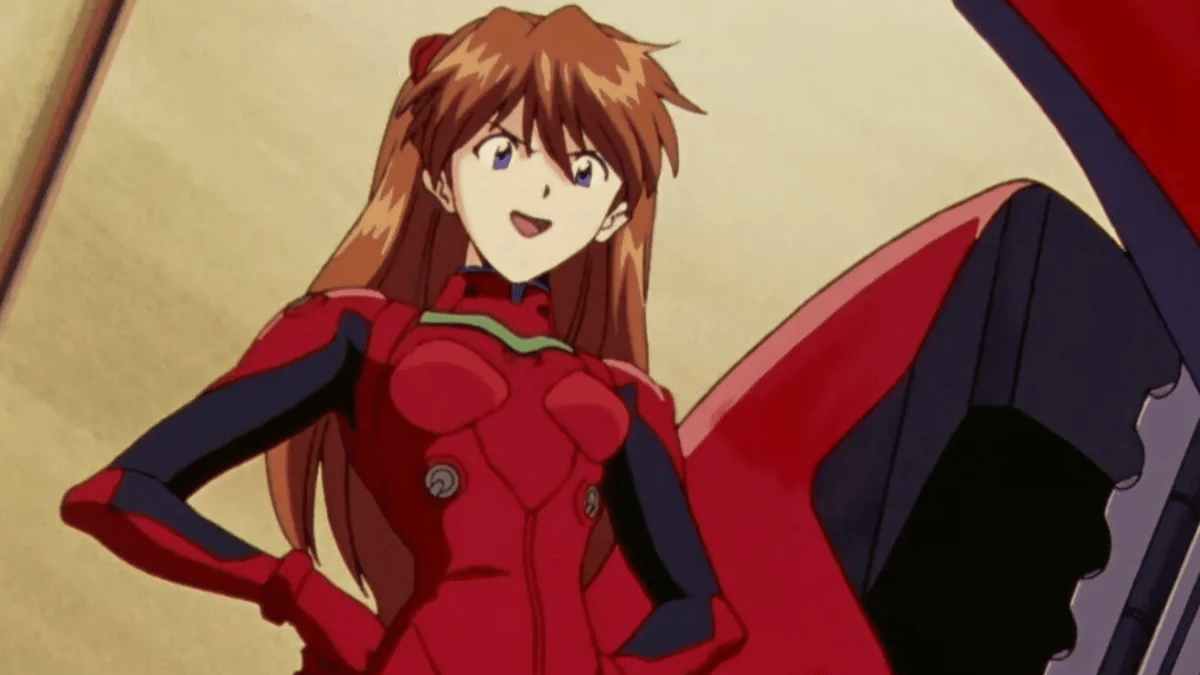
Asuka’s words cut deep. From the depths of Shinji’s self-loathing in End of Evangelion, Asuka pinpoints the failure that leads to the apocalyptic conclusion of the anime’s alternate ending.
‘It’s almost cruel’ – Gendo
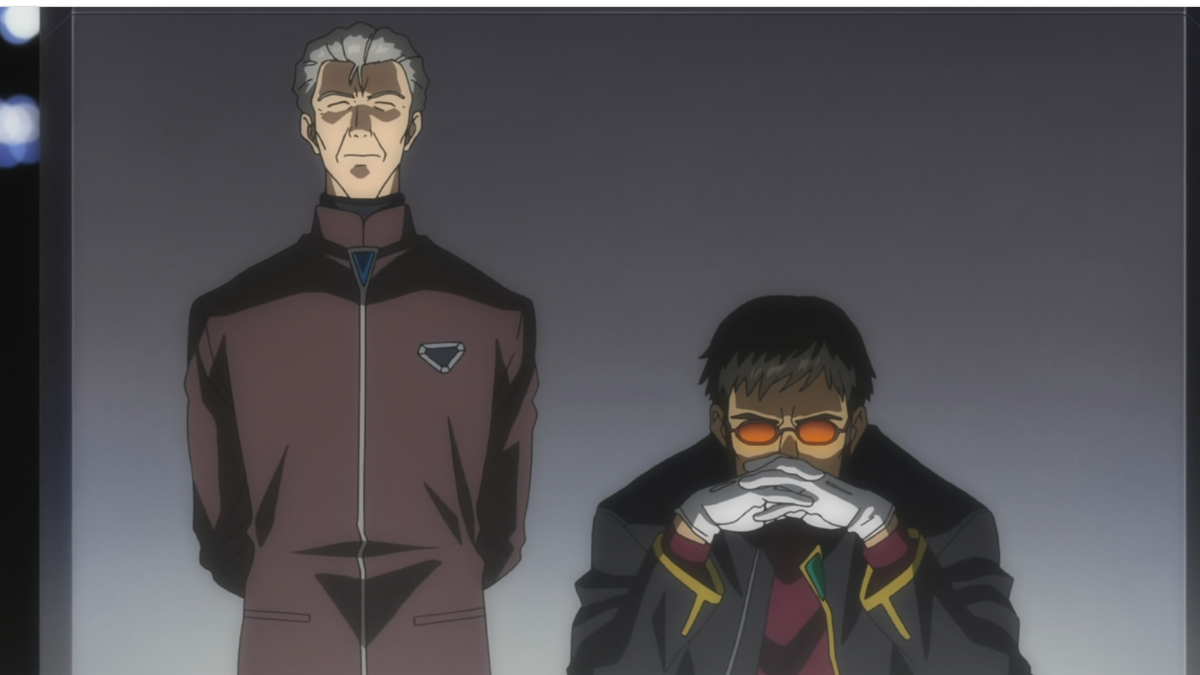
This is my personal favorite line from the entire series. Watching Evangelion 1.0: You Are (Not) Alone, there’s a sense that something’s up. The world has gone weird, and character growth feels like it’s constantly at odds with what is expected of each pilot. In an exchange near the end of the film, masterminds Fuyutski and Gendo let on that they know what’s going on — and that it’s all a part of their plan. Gendo solemnly delivers his lines, invoking the iconic OP A Cruel Angels Thesis, and the title card hits. I get chills every time.
‘I don’t care what happens to me. I don’t care what happens to the world. But I’m bringing Rei back’ – Shinji
Accompanying the narrative point-of-no-return, Shinji selfishly breaks the script by saving Rei and breaks the world by initiating the Third Impact early. Finally, Shinji does something for himself, and of course, it messes everything up.
‘The curse of the Evas’ – Asuka
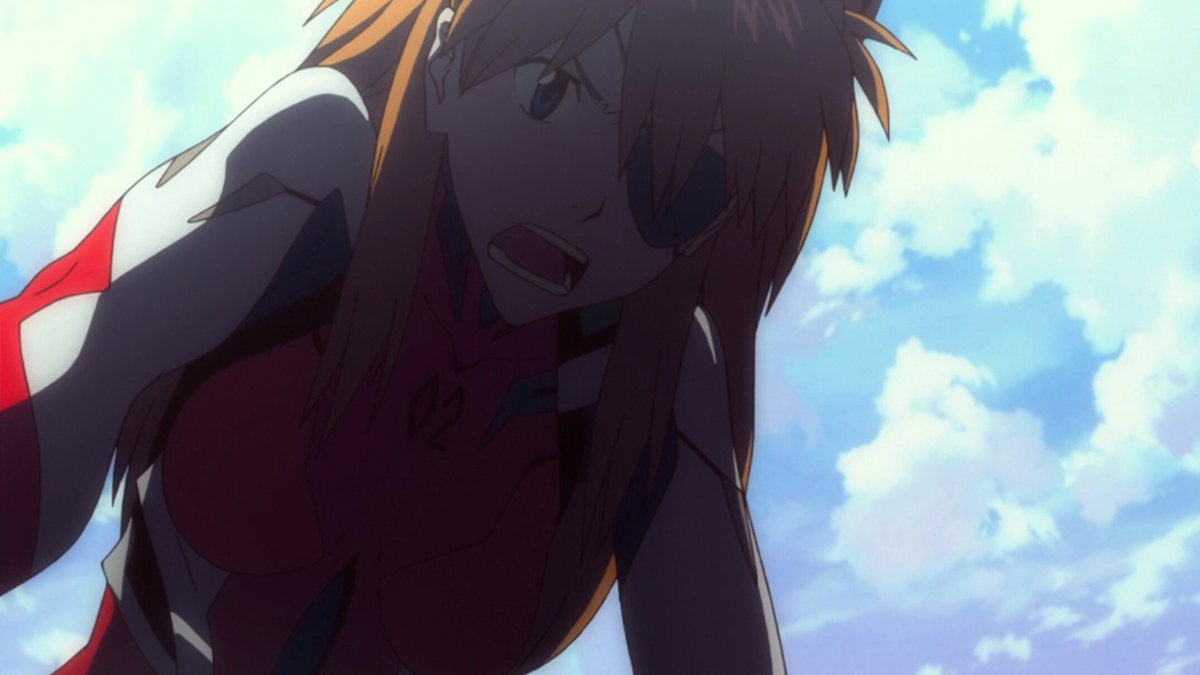
Though it’s briefly mentioned in the first Rebuild film, the curse of the Evas is brought into focus by Evangelion: 3.0 You Can (Not) Redo. This explains why she and additional pilot Mari still appear to be teenagers despite the amount of years that have passed. Though this is never fully explored in the rebuild films, it adds another layer to the effect of the lives they lead. Not only are these children traumatized, but they are forced to live in young bodies, further adding to their emotional issues. Even with the difference between the rebuilds and the original series, that element remains the same.
‘Keep practicing, just repeat the same thing over and over until you’re finally happy with the way it makes you feel. That’s all you can do.’ – Kaworu
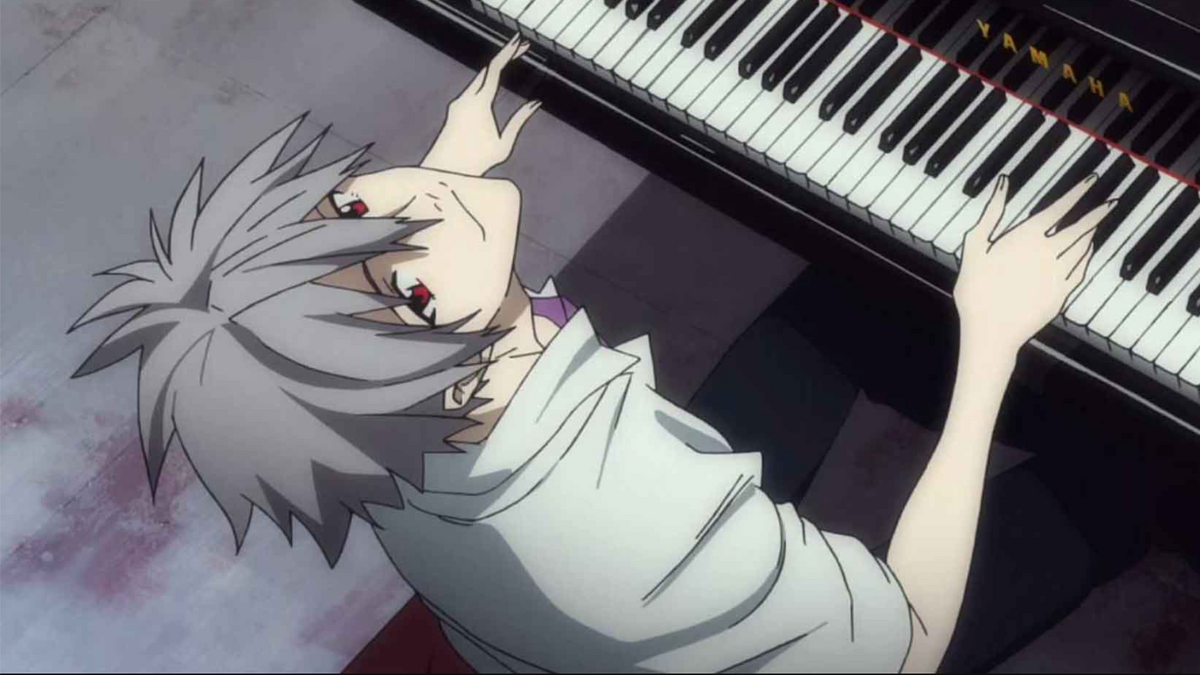
For all that he seems to care about Shinji, Kaworu has his own agenda. Spoken while the couple play piano in the third Rebuild film, it might be what Shinji wants to hear after bringing the world to the edge of apocalypse, but it sure looks like the rest of the cast would love it if he just stopped getting in the robot already.
‘Get in the robot’ – All Of Us
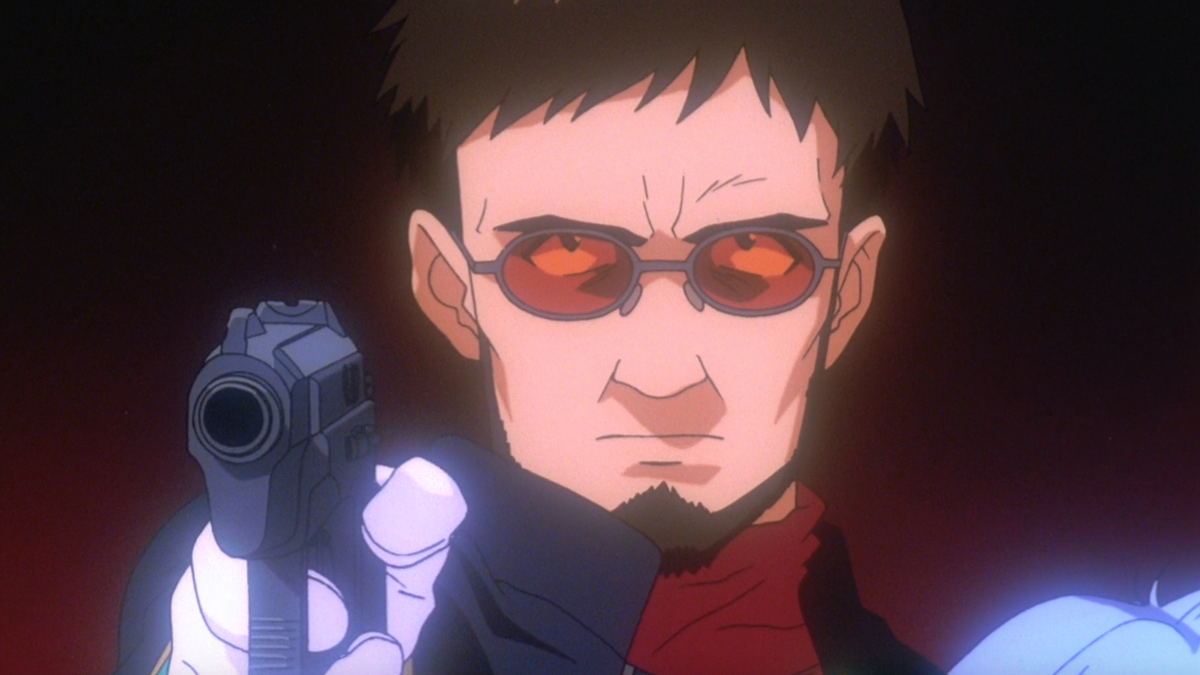
While it’s never said so directly in the anime, the meme is what many of us think of when we think about Shinji. While it’s initially heart-wrenching to watch Gendo manipulate his scared child into piloting a monstrous weapon, by The End of Evangelion many of us wanted to yell at Shinji ourselves to take responsibility for his emotions, exercise the agency he does have, and save everyone.
‘Idiot Shinji!’ – Asuka
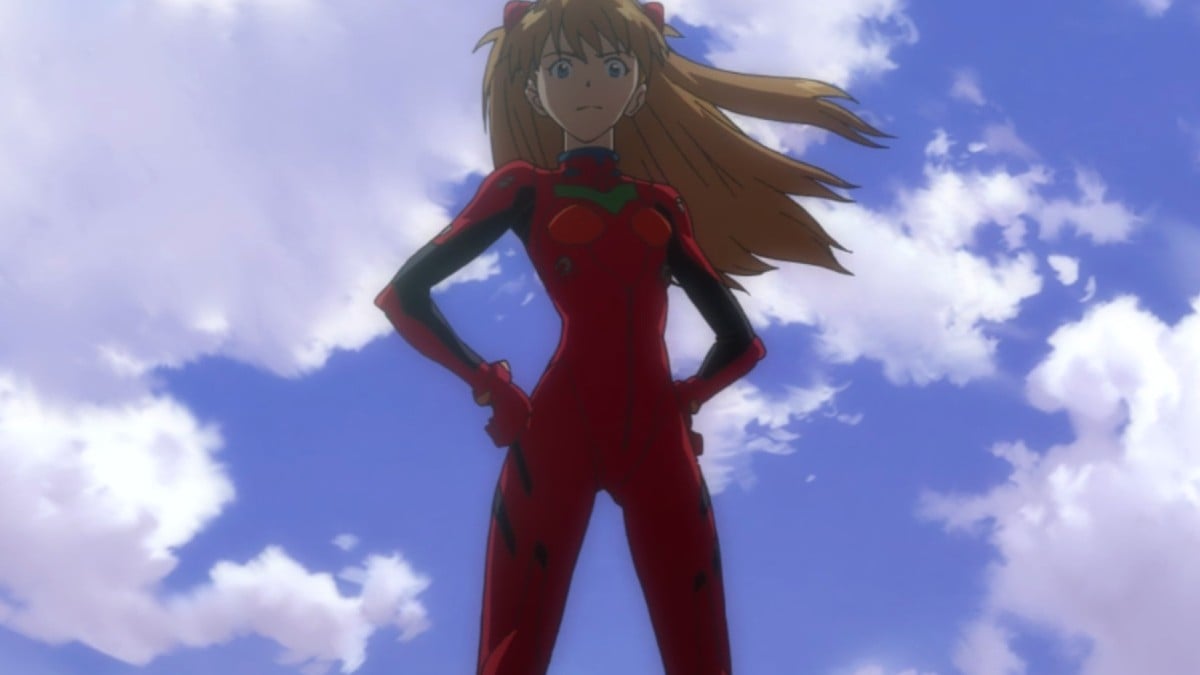
If there is one quote that comes closest to a Neon Genesis Evangelion catchphrase, it is the moniker that Asuka bestows on the anime’s main character. Aptly named, “Idiot Shinji” accompanies the teenage boy every time he acts stupidly, and those times are at almost every turn. Being abandoned by his father and used for Gendo’s own devices, Shinji is a character so overwhelmed by anxiety and self-depreciation that he overthinks every situation. By the end of the the original anime run, Shinji has been an idiot so many times that we as audience members probably yell at him as much as Asuka does.
Shinji’s prime idiocy is in the final chapter when he decides to destroy the world. His actions and thought processes are so short-sighted that it is miraculous that the teenager even made it this far. Luckily there are the rebuilds that put the Evangelion pilot in a slightly better light, even if he will always be Idiot Shinji to us.
‘Congratulations!’ – Everyone
Speaking of the end of Evangelion, it would not be complete without the resolution of Shinji’s character arc. After excruciating episodes experiencing Shinji’s crippling self-doubt, audiences get the relief of seeing the protagonist turn a corner. The Human Instrumentality Project had been a main theme of the series, pushing the world to make humanity turn into a single entity where there is no longer pain, suffering, or individuality. This relates to every character who suffers from the horrors of being a human being in one way or another. Asuka always strives to be the best because of the lack of love and acceptance in her life. Shinji also encounters feelings of inadequacy but acts oppositely. Leaning into Instrumentality would mean he would no longer have cause for grief or anxiety, but it would also take away what it means to be human.
Though it would greatly benefit Shinji to no longer feel anything, he decides to reject Instrumentality. Once he does, he is greeted with a multitude of projections, congratulating him that he has finally reached the conclusion he always needed to. Shinji wavers on that front and does some of the most despicable things imaginable later, but this was a cornerstone of his development.
‘Acts of men are better than acts of God’ – Misato
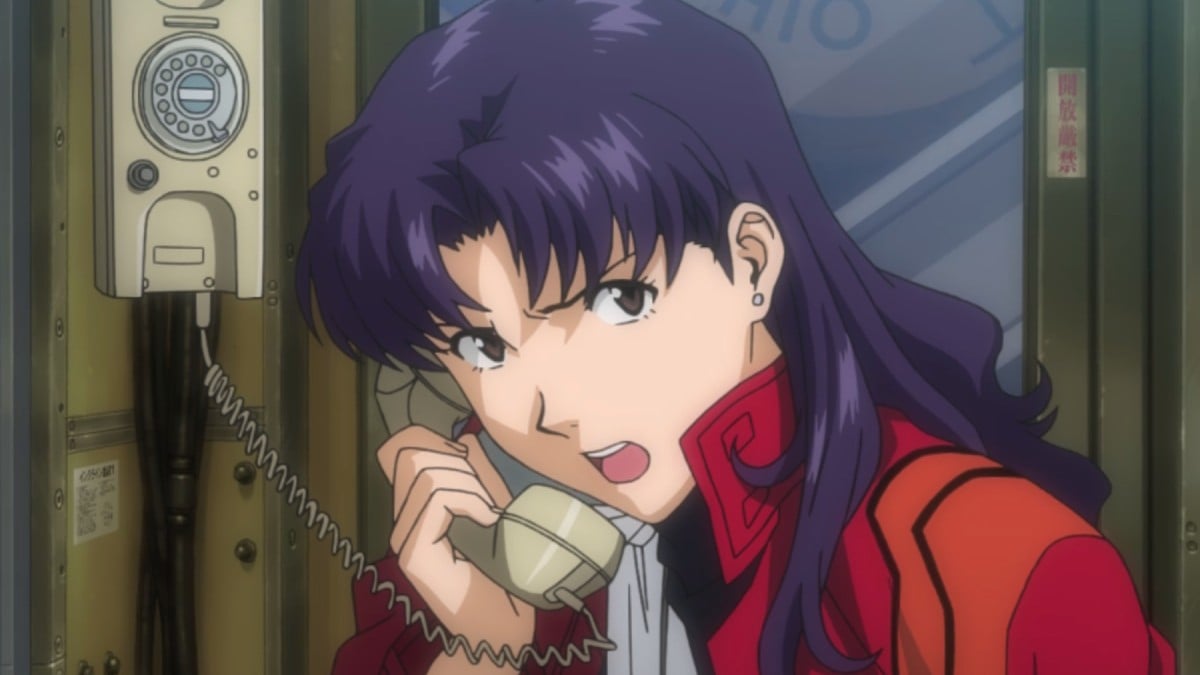
From crucifix images to calling the antagonistic entities angels, Evangelion expertly weaves biblical mythology throughout the series. More than anything, these themes are meant to invoke feelings about what it means to be human. This is especially prevalent by using children to pilot larger-than-life robots in a fight against evil. Misato’s declaration is perhaps the most telling of this idea. Human beings are frail and fragile things. They bend to the whim of emotions and often make mistakes. But their integrity and refusal to give up is what makes them strong.
Misato is dedicated to working for the very thing that created monsters such as Lilith, but she knows this to be true. Her death is the direct result of her trying to make sure that humanity lives on. She may put her faith in the wrong person (Idiot Shinji!), but she is not wrong to believe that humanity’s perseverance is more special than the casualties godlike creations have made.
‘How disgusting’ – Asuka
Before the rebuild films, Evangelion had a definitive ending that fans would be hard-pressed to forget. End of Evangelion features some of the most disturbing moments of maybe anything put to screen. Though Shinji has an agreeable epiphany toward the end of the series, he spirals into chaos in the film. Each decision he makes pushes him further and further into irredeemable territory until the final climax when he decides that he must enact Instrumentality. Because of him, everyone in the world becomes one without any individuality. But almost immediately, he realizes his mistake.
And in his final desperate moments, he puts his hands around Asuka’s throat and chokes her. Stopping before he kills her, he collapses next to her, which only inspires one response from her. Asuka calls Shinji disgusting, which is the real takeaway of the film. Whether Shinji is essentially assaulting Asuka while she’s in a coma or bringing the world to an end, there is no other way to describe Shinji. There are many other ways to read this line as well. This could be a reference to humanity itself. Maybe Asuka is even disgusted that Shinji is so weak he can’t commit to finishing the job. Whatever bleak interpretation fans may get from this moment, it is one of the most significant quotes of the series.
‘Don’t run away’ – Shinji
Virtually every character has some residual trauma to deal with, but in Shinji’s case, he lets it get the better of him. There is no excuse for Gendo’s treatment of Shinji, he has become so broken by it, that he is only a shell of a person. From the first time we meet him, the Evangelion pilot’s issues come bursting to the surface. Sure, it may be normal for a teenager to be afraid of taking control of a giant robot to fight monsters, but this feeling of always wanting to run away continues for episodes to come. It is so ingrained in him that Shinji develops a chant to tell himself to move forward.
Throughout the series, “Don’t run away” becomes a mantra, but one so prevalent that you have to wonder if Shinji will ever get over his issues. Rei is a literal clone of Shinji’s mother and Asuka will probably never get over her maternal issues, but Shinji is the one who is stuck. As the series progresses, this chant becomes less about his literal fears and more about the ways that Shinji can’t move on. The young boy will never earn the father’s love he so desires, and his relationship with Asuka is so twisted that he attacks her. The words that he tells himself steep the audience in the terrifying themes of the show. Trauma is forever, even when you think you can get past it. His only hope of escaping himself is becoming a very different person in the rebuild films.

